Regulation
Kamala Harris Crypto Reset Fails, Town Hall Dubbed As ‘Clown Show’

The recent virtual town hall organized by the “Crypto For Harris” campaign aimed at garnering support for Kamala Harris’ potential presidency from the digital asset industry has failed. It left many in the crypto community unimpressed and unconvinced, attracting backlash. Moreover, Gemini co-founder Tyler Winklevoss dubbed the event as “clown show.”
The 90-minute event, featuring several prominent Democratic lawmakers, failed to sway a skeptical audience. Moreover, many branded the effort as a “missed opportunity” for the Vice President to outline her stance on crypto. Whilst, several industry leaders continued supporting former President Donald Trump.
Top-tier Democratic figures, including Senate Majority Leader Chuck Schumer, Senators Debbie Stabenow, Kirsten Gillibrand, and tech billionaire Mark Cuban participated in the event. However, the absence of Kamala Harris herself or any of her campaign staff became a significant sticking point.
Kamala Harris’ Absence In Crypto Town Hall Attracts Backlash
Attendees noticed Harris’ absence, as they were keen to hear her views on crypto. Her role in an administration perceived as hostile to the industry made her perspective particularly anticipated. Critics within the crypto industry voiced their disappointment, noting the lack of clear policy direction from Harris.
Caitlin Long, CEO of Custodia Bank, expressed her frustration. She said, “I was hoping to hear about Harris’s crypto policy and for the Democrats to address how they’re going to fix the issue of crypto firms being de-banked. I’m still waiting to hear.”
The event, which attracted over 1,000 live viewers according to organizers, was met with mixed reactions. While some attendees praised parts of the town hall, calling it a step towards making crypto a bipartisan issue, others were less impressed.
One viewer remarked, “I still don’t know who Kamala Harris is and what she thinks about our industry,” according to a report by FOX Business. This highlights the event’s failure to provide clarity on Harris’s position. In addition, the town hall’s format also drew criticism.
Jake Brukhman, founder and CEO of CoinFund, lamented, “I thought a town hall was for hearing people’s opinion, you know, people in the town. Instead, we got a few lectures of the participants’ views of crypto and where it should go politically.” Furthermore, this sentiment was echoed by others who felt the event lacked genuine engagement with the crypto community.
A particularly sore point for many attendees was the absence of any discussion on the regulatory challenges facing the crypto industry. The spotlight shone on the actions of Securities and Exchange Commission (SEC) Chair Gary Gensler.
The omission of this critical issue, referred to by some as the “elephant in the room,” left many feeling that the event was out of touch with the concerns of the industry. Also, some advisor choices suggest that Kamala Harris will continue crypto crackdown if she enters White House.
Reaction From Other Crypto Leaders
The strongest criticism came from the Winklevoss twins, founders of the Gemini crypto exchange, who have been vocal opponents of the SEC’s regulatory approach. Tyler Winklevoss did not mince words, labeling the event a “clown show” in a post on X.
Meanwhile Cameron Winklevoss criticized the pre-recorded video messages from lawmakers, suggesting they made the event feel less genuine. The twins have declared their support for GOP nominee Donald Trump and disapprove of Kamala Harris.
Earlier, Donald Trump gained massive support after he promised a lighter regulatory touch and the removal of Gary Gensler. Whilst, Former Messari CEO Ryan Selkis also took to social media to express his disappointment. He labeled the event as “pathetic” and criticized the lack of substantive discussion.
Despite the criticisms, some positive moments were noted. Chuck Schumer’s remarks were well-received, particularly his commitment to pushing for sensible crypto legislation. Schumer emphasized the need for balance, stating:
“We cannot afford to continue to sit on the sidelines because then we risk crypto going overseas to the lowest common denominator countries where there will be no regulation at all.”
His comments were seen as a hopeful sign for those advocating for a more measured approach to crypto regulation. However, the overall takeaway from the Kamala Harris “crypto reset” event was one of skepticism.
Austin Campbell, founder of Zero Knowledge, summed up: “The key will be Harris has to articulate her position and actions she will take on this issue. If we can’t get a clear statement, the null hypothesis is more SEC disasters and [Operation Chokepoint] 2.0, sadly.”
Disclaimer: The presented content may include the personal opinion of the author and is subject to market condition. Do your market research before investing in cryptocurrencies. The author or the publication does not hold any responsibility for your personal financial loss.
Regulation
US SEC Acknowledges Fidelity’s Filing for Solana ETF
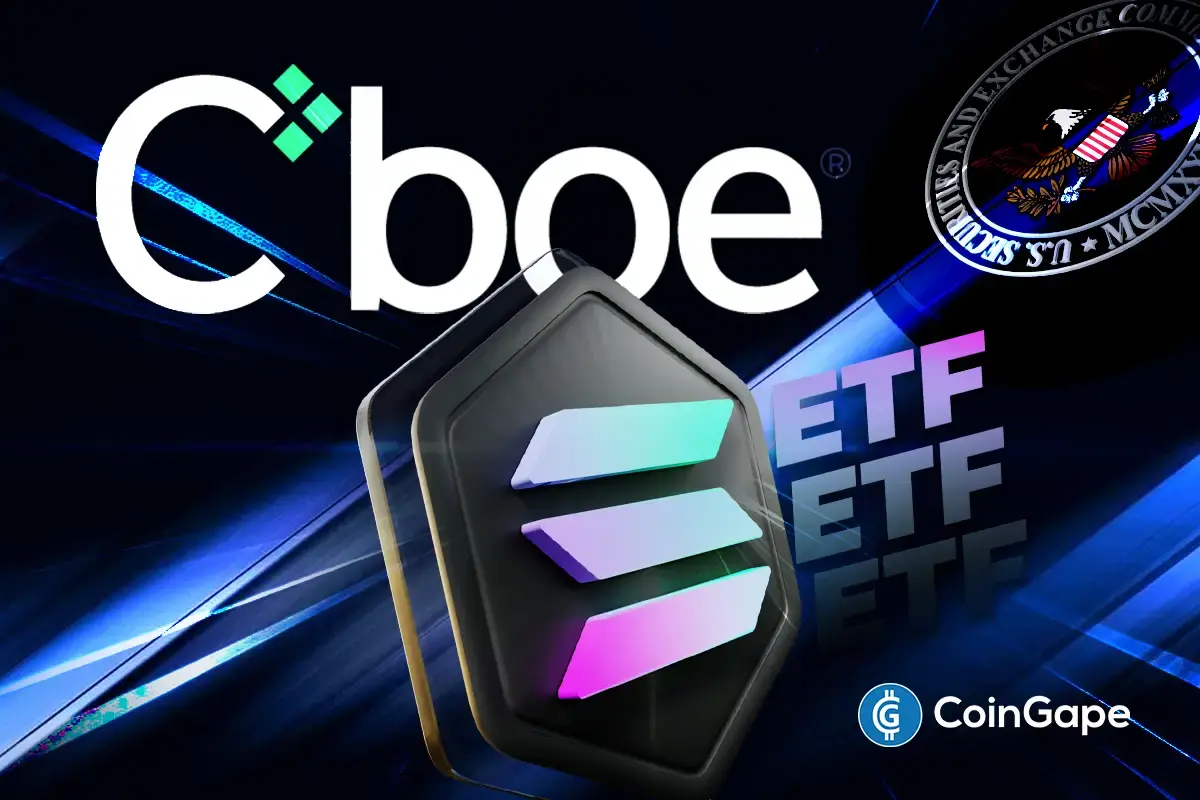
The U.S. Securities and Exchange Commission (SEC) has formally acknowledged the filing for Fidelity’s spot Solana (SOL) Exchange-Traded Fund (ETF).
This marks a key development in the financial industry, as Fidelity seeks to list its Solana ETF on the Cboe BZX Exchange. The acknowledgment comes after Fidelity submitted a proposed rule change, paving the way for the potential approval of the product.
Fidelity’s Spot Solana ETF Proposal
The SEC’s acknowledgment follows Fidelity’s filing to list and trade shares of the Fidelity Solana Fund under the Cboe BZX Exchange. The proposed rule change, initially submitted on March 25, was later amended on April 1, 2025, to clarify certain points and add additional details.
The amended proposal aims to list the Solana ETF under BZX Rule, which pertains to commodity-based trust shares. According to the Cboe BZX Exchange, Fidelity plans to register the shares with the SEC through a registration statement on Form S-1.
Fidelity’s experience with crypto ETFs, having launched the Fidelity Wise Origin Bitcoin Fund (FBTC) and the Fidelity Ethereum Fund (FETH), has prepared it for this new initiative. FBTC has drawn substantial interest, accumulating nearly $17 billion in assets, while FETH currently manages around $975 million.
This Is A Developing News, Please Check Back For More
Disclaimer: The presented content may include the personal opinion of the author and is subject to market condition. Do your market research before investing in cryptocurrencies. The author or the publication does not hold any responsibility for your personal financial loss.
Regulation
US Senate Banking Committee Approves Paul Atkins Nomination For SEC Chair Role
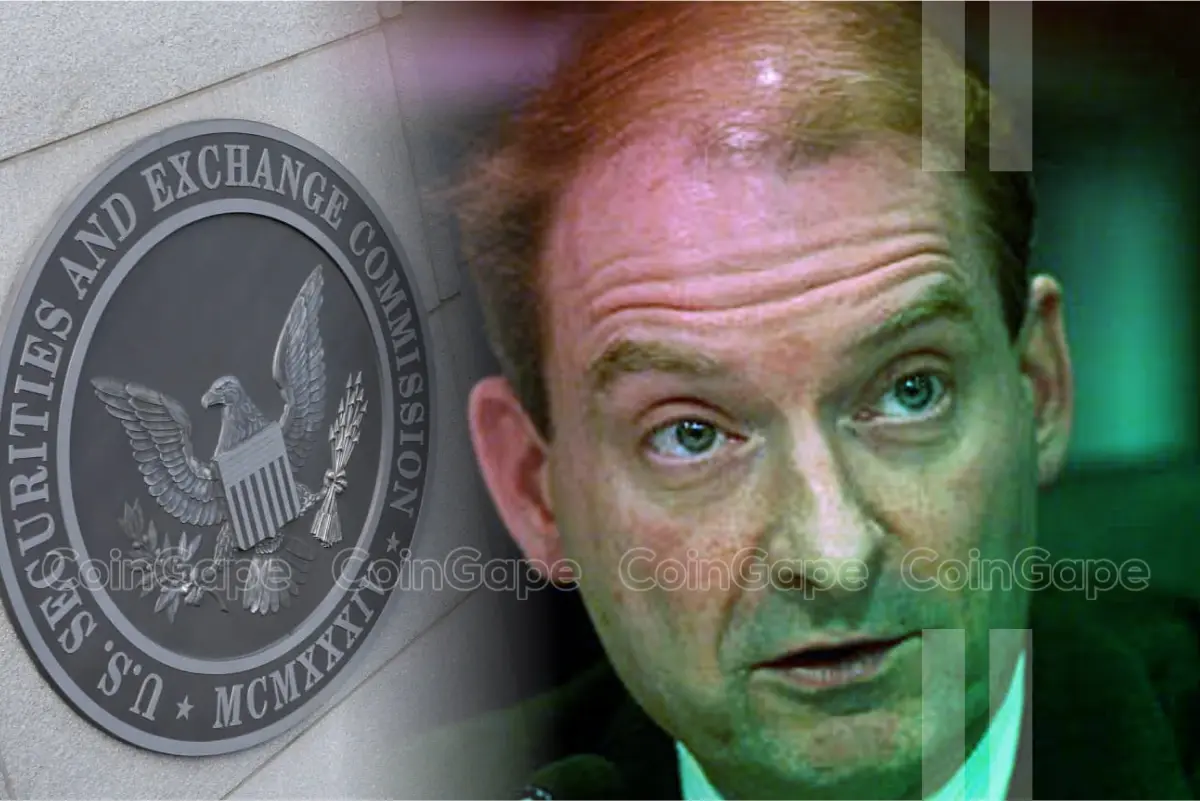
The U.S. Senate Banking Committee has voted to approve Paul Atkins’ nomination for the role of Chair of the Securities and Exchange Commission (SEC). The vote, which took place on Thursday, passed with a narrow margin of 13-11, along party lines.
Paul Atkins, nominated by President Donald Trump, now moves one step closer to taking over the top regulatory position at the US SEC.
Senate Banking Committee Approves Paul Atkins Nomination
Paul Atkins’ nomination for SEC Chair has received approval despite sharp opposition from Democratic members of the Senate Banking Committee. The vote was entirely split, with Republicans supporting Atkins and all Democrats opposing the decision.
This partisan divide highlights the contentious nature of Atkins’ confirmation, which had been under scrutiny for several reasons.
The committee’s approval now clears the path for Atkins to proceed to the full Senate for a final confirmation vote. Given the Republican-controlled Senate, it is widely expected that Atkins will secure the necessary votes to take over the SEC leadership. With Republicans holding a 53-47 majority in the Senate, the confirmation process is anticipated to move forward swiftly.
This Is A Developing News, Please Check Back For More
Disclaimer: The presented content may include the personal opinion of the author and is subject to market condition. Do your market research before investing in cryptocurrencies. The author or the publication does not hold any responsibility for your personal financial loss.
Regulation
Kraken Obtains Restricted Dealer Registration in Canada

Cryptocurrency exchange Kraken has obtained a Restricted Dealer registration in Canada. The registration comes after completing a pre-registration undertaking (PRU) process with Canadian authorities.
The exchange has also announced the appointment of Cynthia Del Pozo as its new General Manager for North America. Del Pozo will oversee Kraken’s growth initiatives in Canada.
Kraken Completes PRU Process In Canada
Kraken’s Restricted Dealer registration marks the completion of a thorough pre-registration undertaking (PRU) process with Canadian regulators. The registration places Kraken under the supervision of the Ontario Securities Commission (OSC). This oversight ensures users have access to secure crypto products within a properly regulated local ecosystem.
According to the Canadian Securities Administrators (CSA), the Restricted Dealer registration is one of eight firm registration types in Canada. This particular classification is used for firms that “do not quite fit under any other category.” It also comes with specific requirements and conditions set by securities regulators.
Kraken’s regulatory achievement comes during a period of change in the Canadian crypto sector. Just months earlier, competitor Gemini exchange announced its departure from the Canadian exchange market by the end of 2024. This was a move that surprised many and raised questions about cryptocurrency regulation clarity in the country.
Kraken Introduces New Canadian GM
Del Pozo has joined Kraken to lead its Canadian operations as the new General Manager for North America. She has nearly 15 years of experience in corporate development, operations, and fintech consulting. Del Pozo will help to guide Kraken’s expansion across Canada during this important phase of crypto’s development in the region.
“Canada is at a turning point for crypto adoption, with a growing number of investors and institutions recognizing digital assets as a vital part of the financial future. I’m thrilled to join Kraken’s mission at this critical moment, and to lead our expansion efforts, ensuring we continue to serve our clients long-term with innovative and compliant products,” said Del Pozo.
In her role, Del Pozo will focus on strengthening Kraken’s regulatory relationships and also scaling the company’s presence throughout North America.
Del Pozo also commented on the registration achievement: “This Restricted Dealer registration is testament to the high bar Kraken has always set for consumer protection, client service, and robust security. We’re excited to continue expanding our world-class investment platform and to deliver innovative products that provide real-world utility to Canadians.”
The Exchange’s Continued Growth In Canada
Over the past two years, the cryptocurrency exchange has shown steady expansion in Canada while working through the PRU process with regulators. During this period, the exchange has doubled its team size and monthly active users.
According to the official blog post figures, the firm now has more than $2 billion CAD in total client assets under custody. Kraken has also increased support for some of the most popular cryptocurrencies. It provides several CAD spot trading pairs that enable Canadians to trade crypto without paying expensive foreign exchange fees.
According to Innovative Research Group’s 2024 Investor Survey, 30% of Canadian investors currently own or have owned cryptocurrencies. Likewise, a KPMG Canada survey discovered that 30% of Canadian institutional investors now have exposure to cryptocurrencies, which means widespread adoption across investor types.
Disclaimer: The presented content may include the personal opinion of the author and is subject to market condition. Do your market research before investing in cryptocurrencies. The author or the publication does not hold any responsibility for your personal financial loss.
-
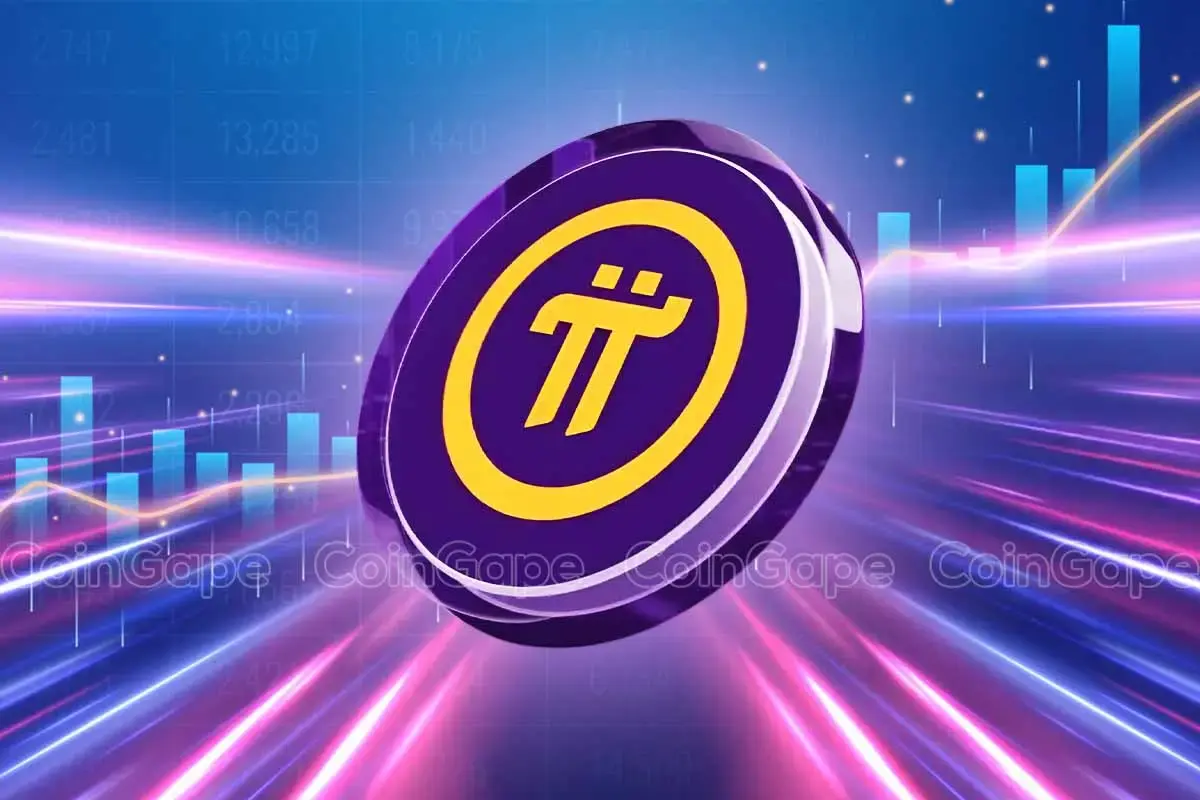
 Altcoin23 hours ago
Altcoin23 hours agoBinance Sidelines Pi Network Again In Vote To List Initiative, Here’s All
-

 Altcoin20 hours ago
Altcoin20 hours agoAnalyst Forecasts 250% Dogecoin Price Rally If This Level Holds
-

 Market23 hours ago
Market23 hours agoXRP Price Reversal Toward $3.5 In The Works With Short And Long-Term Targets Revealed
-

 Market20 hours ago
Market20 hours agoXRP Price Under Pressure—New Lows Signal More Trouble Ahead
-

 Market15 hours ago
Market15 hours agoIP Token Price Surges, but Weak Demand Hints at Reversal
-

 Market19 hours ago
Market19 hours agoCardano (ADA) Downtrend Deepens—Is a Rebound Possible?
-

 Altcoin17 hours ago
Altcoin17 hours agoVanEck Seeks BNB ETF Approval—Big Win For Binance?
-

 Market11 hours ago
Market11 hours agoBitcoin’s Future After Trump Tariffs


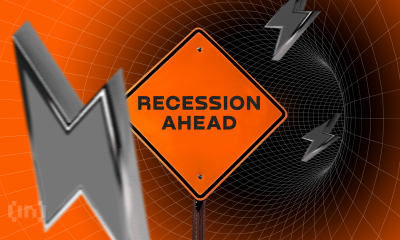







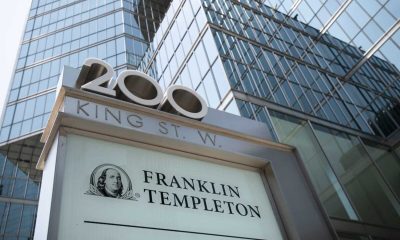













✓ Share: